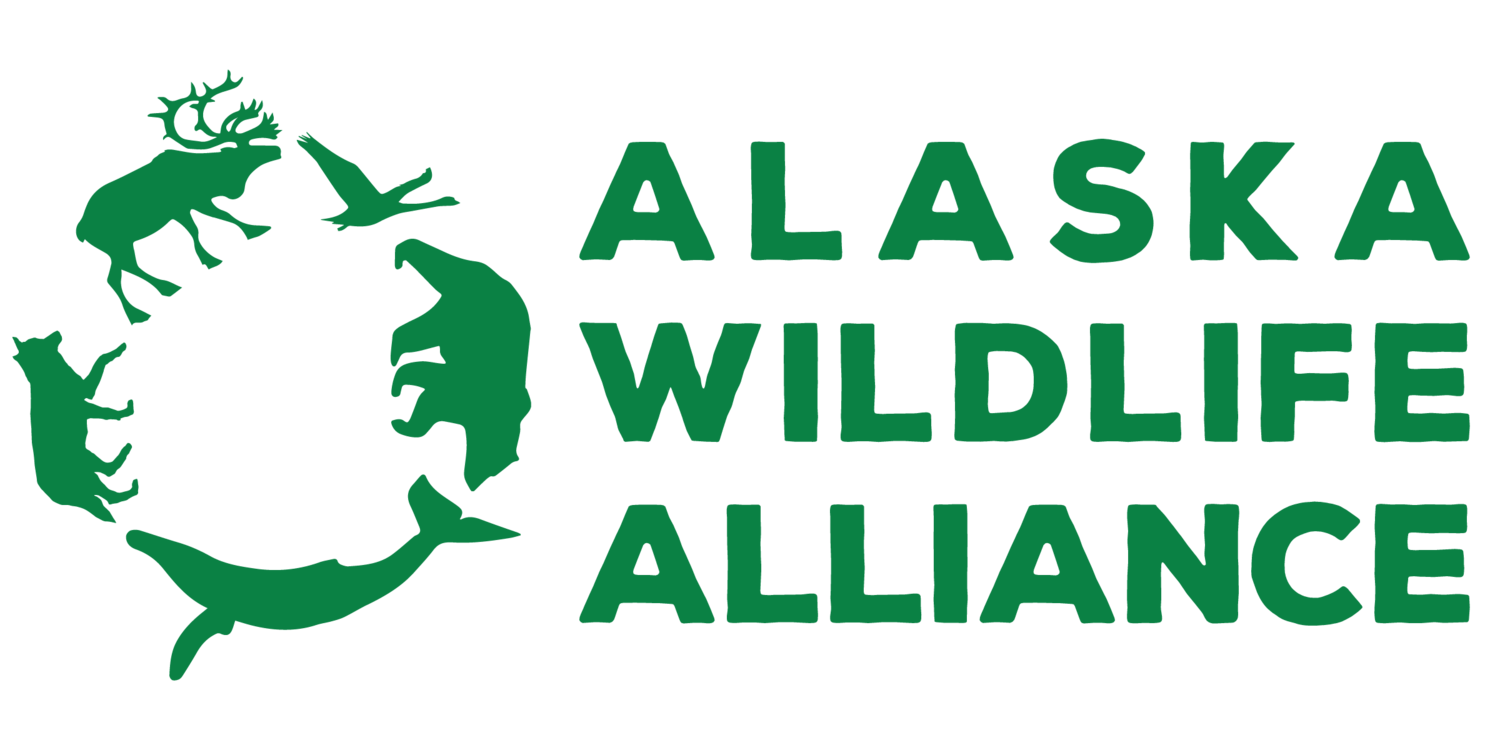As a result of the isolated and naturally fragmented geography of Southeast Alaska, the Alexander Archipelago wolf (Canis lupus ligoni) is potentially more sensitive to human activity and habitat disturbance than elsewhere in the state. This greater sensitivity is particularly a concern in the southern archipelago where deer populations are strongly influenced by the loss and fragmentation of old-growth forest habitat.
Sea Otters and Kelp Forests
Sea otters are keystone predators that maintain the dense, productive forests of kelp in coastal Alaska. Kelp forests are habitat for many invertebrates that are food for over 20 species of fish; these forests also provide spawning habitat for herring and Atka mackerel as well as nursery areas for salmon fry. Many birds, such as sea ducks, use them for resting and feeding. The forests of giant algal fronds protect the coastline from severe wave action and, like our land-based forests, absorb carbon dioxide from the atmosphere, helping to reduce global warming.




